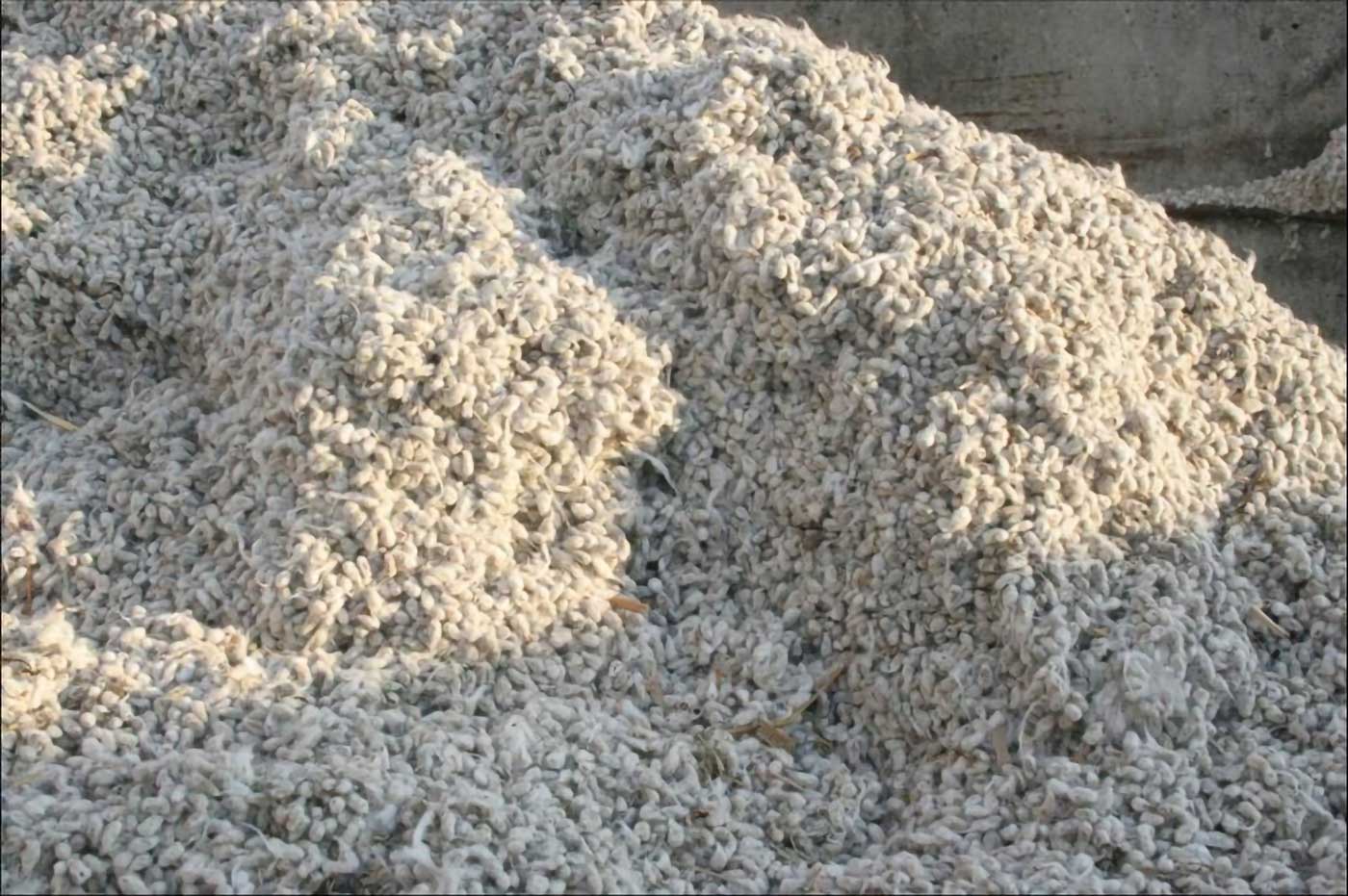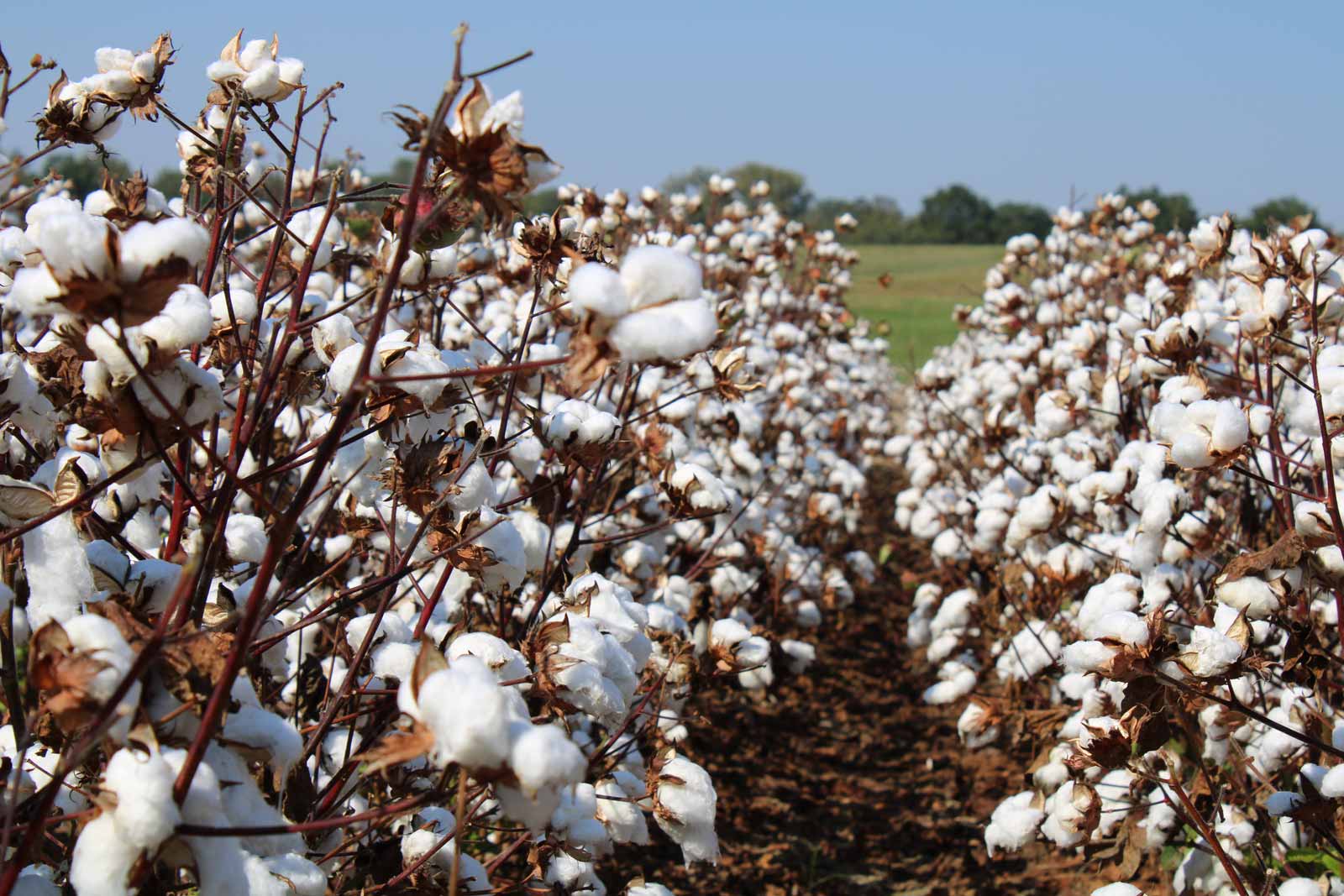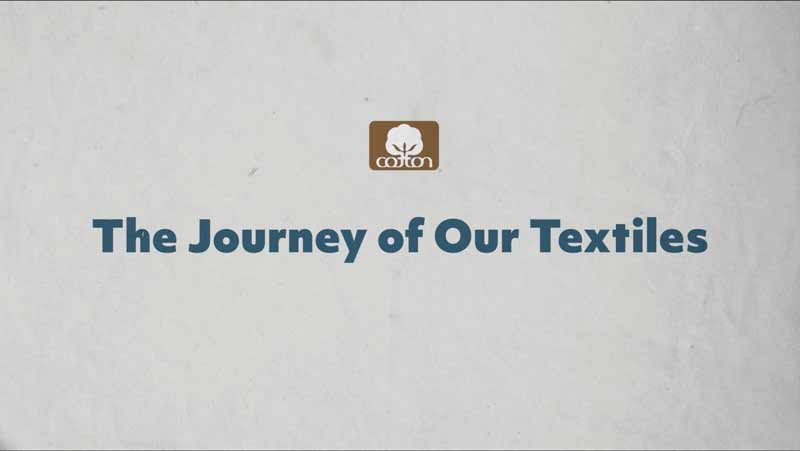New study from Cotton Incorporated looks to transform textile waste into valuable resources and support the circular economy
CARY, N.C. (August 24, 2023) – A recent study from researchers at North Carolina State University and Cotton Incorporated finds that the inclusion of oxidation processes when transforming black-dyed cotton into chemical building blocks resulted in a glucose yield of 90% via enzymatic hydrolysis. Enzymatic hydrolysis provides a potential pathway to upcycle cotton textile waste into useful chemical components, like glucose. This finding will help to guide further research into the end-of-life management of textiles and will potentially help combat the growing issue of textile waste.
“This work highlights a key potential route to convert cotton textile waste into glucose – which is widely known as sugar and is also a useful chemical component,” said Matt Farrell, manager of textile chemical research at Cotton Incorporated. “Through this process, we can create value-added chemicals from undyed and dyed cotton fibers all while promoting a circular economy. In contrast to natural fibers like cotton, synthetic materials do not degrade in similar circumstances.”
Enzymatic hydrolysis of cellulose refers to the process in which cellulase-type enzymes split an underlying substance or layer composed of cellulose into reaction products using a water molecule. Without oxidation, the enzymic conversion of black-dyed cotton resulted in a glucose yield of only 60% as compared to 95% for undyed cotton fibers.
Previously, the pathway studied was challenged by the presence of dyes, which hindered enzyme performance. The research team overcame this issue by using environmentally friendly and chlorine-free oxidation methods such as ozone and alkaline hydrogen peroxide in combination with mechanical refining pretreatment.
“Cotton fibers are essentially pure cellulose and have a unique chemical composition that allows for enzymatic hydrolysis and conversion into glucose,” said Mary Ankeny, vice president of product development and implementation operations at Cotton Incorporated. “The transformation of cotton textile waste into glucose provides the opportunity to generate a sugar that can be used as a raw material all while helping to reduce the growing issue of textile waste.”
The new findings are part of ongoing research focused on the processes and innovations turning textile waste into sugar-based building blocks. This research will continue with support from experts at Cotton Incorporated.
About Cotton Incorporated
Cotton Incorporated is the research and promotion company for upland cotton. Funded by U.S. cotton growers and importers of Upland cotton-containing products, the not-for-profit organization’s mission is to increase the demand for and profitability of cotton. As a resource for the cotton industry, Cotton Incorporated conducts or oversees more than 450 research and educational projects in an average year. Research areas range from the development of agricultural and textile innovations to analyses of commodity and market data. To learn more, visit CottonToday.com and follow along on Facebook, LinkedIn, Twitter.
Media Contact: Andrea Miles, [email protected]



